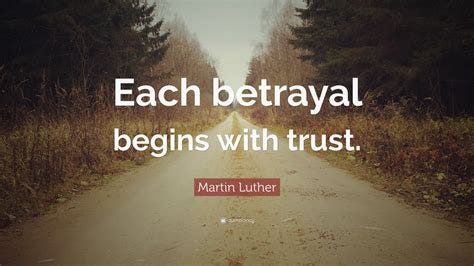On Forgiveness
Being wronged is never a pleasant experience, especially when the offending party doesn't admit guilt or doesn't care. How is it that people are able to behave so badly and have seemingly no remorse? Why is it, when you treat someone well, they still betray you? And how should right oriented people think about such transgressions?
On one hand there is the justice aspect of the wronging and on the other there is what it does to you personally and spiritually. With respect to justice relates matters of restitution and punishment. If a party is injured, restitution is required to be paid via a society's legal system. But what of spiritual or psychic injury? Yes, legal systems can address some of these concerns. However, we all know that the law has its limits.
Consider the profound effect of betrayal. A good example of this is lying. The law considers some lies to be fraud, but certainly not all. And more often than not, a loss of or damage to a relationship is the penalty for many lies. Indeed, the suffering that lying does to people cannot be overstated.
Such suffering produces deep resentment, anger and sadness in the aggrieved party and is hard to quantify, but we all know that it is not a good experience. Many terrible outcomes have occurred as a result of betrayal that have ruined the lives of all involved. In my view, lying is not taken seriously enough by our society and is tolerated at levels that undermine the social fabric. We all suffer as a result.
Nevertheless, on a person to person level, or on the level of a liar to one who is lied to, the action of forgiveness can be the only real “solution” to the injury. This may seem counter intuitive at first, but when considered more carefully, forgiveness has a good deal of utility. Forgiving a transgressor does not erase the memory of their sin, nor does it undo the damage done. The knowledge of the action will always be there to be reckoned with; the wrongdoing happened and such knowledge serves as a scarlet letter of sorts for the guilty party. But forgiving the guilty party also gives them the opportunity to become better and shows others in the adjacent community how to interact with them henceforth. Moreover, ask yourself what the result will be of holding a grudge? Answer; resentment and bitterness for a long time. Who is served by that? No one. In forgiving those that hurt you, not only are you more able to move forward in a positive manner with your life, but you put an end to the issue at hand--which in our example is one or a series of lies—in respect to how others in the surrounding community approach the liar. You have forgiven them and others will find that out and this will influence their actions when they interact with the person. Further still, forgiving the transgressor sends a message—the buck stops here; no more resentment, no more anger. It will never take away the knowledge of the event or the damage that was done--and that knowledge will serve as penalty of sorts for the guilty party--but the issue has been dealt with and it's time to move on.
Of course, revenge is a thing. Many people are not good with forgiveness and don't feel obligated to give it when they're hurt. Who can blame them? It is understandable and appropriate to have initial anger when unjustly treated. But revenge differs from justice because of its permissiveness of cruelty. And cruelty is a profound evil that we cannot tolerate in any semblance of a society.
Remember that hurt people hurt people. The person that lies, or sins in any other way, is always suffering on some level. They are unable to confront their issues and demons and, accordingly, must be guarded against. But if we want a better world, both justice and forgiveness must be deployed in dealing with criminality and untoward behavior. Let the justice be applied and move forward. If there is no legal remedy for the ones who hurt you, perhaps you need to leave them behind. But if you forgive them when you walk away, not only you, but everyone with knowledge of the situation, will have a less bad world to contend with because there will be all the less resentment and bitterness in it.
In the end, we all will be assessed and dealt with accordingly. Those that have chosen to repeatedly flaunt decency and goodness will have to face consequences from another power. While it remains unclear what sort of fate that may actually be, the odds are not good for these folks. This is a particularly disturbing thought when we consider the scenario in which the guilty party that we may have forgiven is someone who we were once close to. While they hurt us, we often retain some fondness for them, regardless if they deserve it. Therefore, the thought of them suffering in a realm beyond this earthly one is also painful to us. This is another reason to forgive. Perhaps mercy on our part will have a role in them changing their ways before it is too late.
The evil the resides in us is a constant threat to peace and tranquility. Understanding our fears, proclivities and true motives is vital to getting out in front of potential evil doings and preventing the often ruinous damage that can be done to relationships that we hold so dear. Therefore, please take the time to do good housekeeping of your soul lest your demons make a total mess.
-Sir Cerebral

